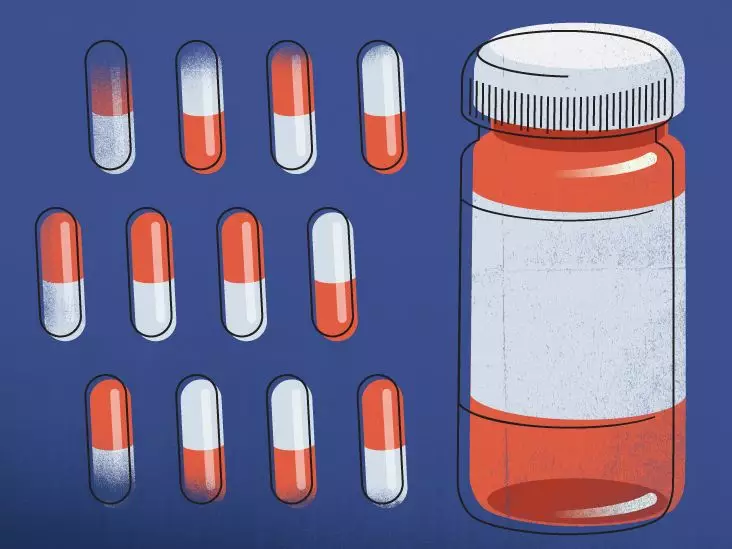In the world of medicine, understanding how a drug operates is crucial to its effective application. This concept, known as the mechanism of action, indicates how specific compounds interact with biological systems to bring about desired changes. Vraylar (cariprazine) is an atypical antipsychotic that engages in complex neurochemical networks within the brain, with its effectiveness varying based on the mental health conditions being treated. This article dives deep into the ways Vraylar functions, specifically its interactions with neurotransmitters, and the implications for managing conditions such as schizophrenia and bipolar disorder.
At the core of Vraylar’s mechanism is its interaction with neurotransmitters—chemical messengers that enable communication between neurons and other types of cells. Notably, dopamine and serotonin are two critical neurotransmitters that influence various aspects of mental health, including mood, cognition, and behavior. A disruption in the balance of these neurotransmitters can lead to various mental health disorders, manifesting as symptoms such as depression, mania, and psychosis.
The connection between neurotransmitter balance and emotional well-being highlights the importance of pharmacological interventions like Vraylar, which aims to restore this balance. By modulating dopamine and serotonin activity, Vraylar targets specific symptoms, thereby improving overall mental health outcomes.
Vraylar has proven effective in combating symptoms associated with psychosis, including hallucinations—perceptions that don’t correspond to external stimuli—and delusions, or false beliefs. By helping to alter the neurotransmitter imbalances that contribute to these symptoms, Vraylar offers relief for individuals experiencing intense psychological distress.
Furthermore, Vraylar assists individuals dealing with mania, characterized by overwhelming agitation, racing thoughts, and an energized state that can lead to impulsive decision-making. By relieving these symptoms, patients can regain a sense of control over their emotions and thoughts.
In addition to its primary functions, Vraylar provides a broader range of therapeutic benefits. Patients often report a reduction in depressive symptoms—such as profound sadness, despair, and feelings of guilt—as well as emerging advantages like decreased anxiety and improved sleep. The intersection of multiple symptoms often means that a single treatment like Vraylar can significantly enhance overall quality of life for those living with mental health disorders.
Moreover, Vraylar can address cognitive impairments that accompany severe mental illnesses. Issues with memory, concentration, and communication can further complicate recovery, so any medication that supports cognitive functions represents a vital advancement in mental health treatment strategies.
After initiating treatment with Vraylar, patients may start to notice changes within a few days, particularly regarding acute symptoms like hallucinations and excessive agitation. However, the full therapeutic effects of the medication can take several weeks to manifest. This time lag highlights the importance of adherence to treatment plans prescribed by healthcare professionals, as discontinuing medication prematurely might lead to exacerbated symptoms or a disrupted recovery process.
Vraylar’s pharmacokinetic profile—a half-life of approximately one week—further complicates treatment protocols. This means that once individuals stop taking Vraylar, residual drug levels in the body can linger for weeks. Understanding this timeline is quintessential for both health providers and patients to navigate the withdrawal effects or continued therapeutic benefits of the medication.
While Vraylar demonstrates a significant potential to aid individuals suffering from serious mental health disorders, it is essential to approach its usage with caution. The information provided here is designed to inform and should not serve as a substitute for personalized medical advice. As with any psychosomatic intervention, consulting with a licensed healthcare professional is vital for safe and effective treatment. The complexity of mental health disorders underscores the need for tailored and holistic approaches to care, ensuring that every individual receives the support they need for recovery.

